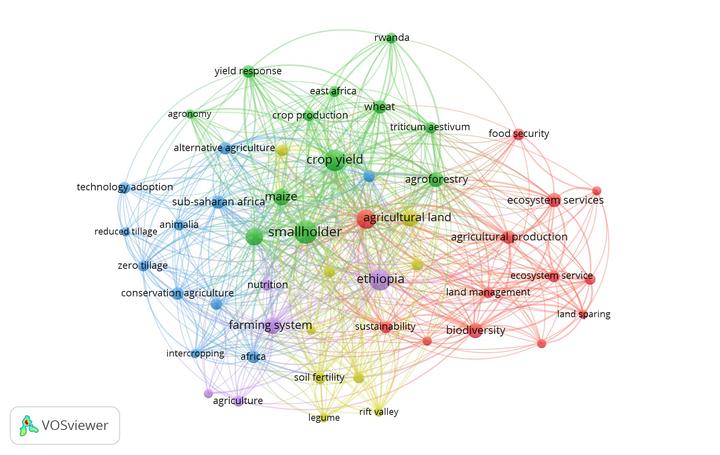
Abstract
We are facing a biodiversity crisis, which is largely driven by the way we produce food. In response, various approaches to ‘biodiversity-smart farming’ have been proposed, sparking debates, especially in sub-Saharan Africa, a region that was largely bypassed by the Green Revolution and is expected to experience significant biodiversity loss due to agricultural expansion. Systems agronomy, a methodological approach geared towards the design of a broad basket of options for diverse farming conditions and diverse contexts, has a critical role to play in informing these debates. My past research has explored this topic through four key directions. First, I critically examined conservation agriculture as an example of biodiversity-smart farming during my early career. Second, I explored the landscape-scale as the critical scale for biodiversity-smart farming. Third, I emphasised the need for broader evaluation metrics beyond just yield, including labour and nutrition. Finally, my more recent work aimed at guiding and prioritising interventions, whether biodiversity-smart or more broadly development-oriented. Looking ahead, I propose to expand my research in three key areas. First, I will apply systems agronomy methods developed for cereal-based systems to roots-and-tuber crop-based systems, which are critical for biodiversity-smart farming in sub-Saharan Africa. Second, I will advance research on multi-functional landscapes that work for people and nature, addressing what remains a gap in development-oriented agronomy. Lastly, while continuing to investigate the ‘where,’ ‘for whom,’ and ‘what’ of interventions, I will also explore the ‘how’, examining how systems agronomy can better inform co-design processes.